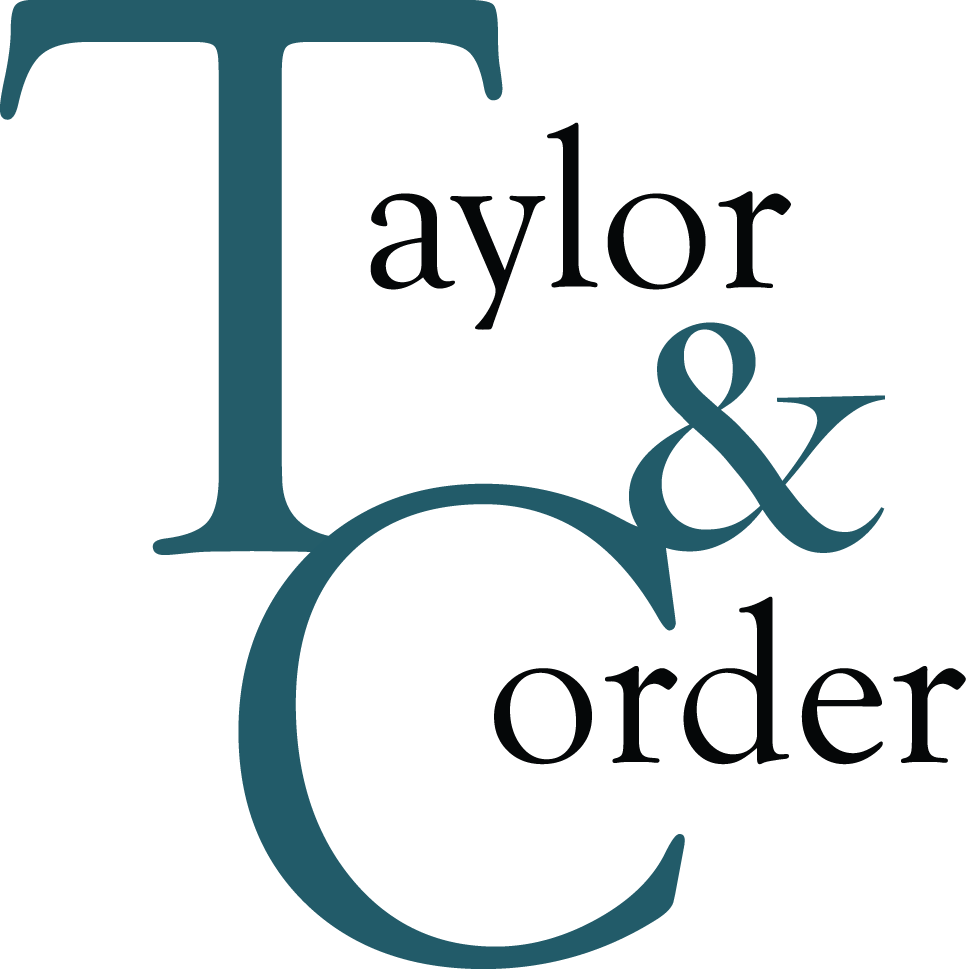Blog 
Click here to go back
Health Savings Accounts and Retirement: Making Your HSA Work
Health Savings Accounts and Retirement: Making Your HSA Work

Retirement is on the horizon for all of us. To prepare, most people are looking for the best way to invest their money. 401(k)s and IRAs are great options, but a Health Savings Account (HSA) is a viable option as well. In fact, an HSA is the most tax-advantaged account that the IRS recognizes. Other retirement accounts are taxed at some point, whether it is when the funds go in or when they come out. HSAs are not taxed at the federal level when the funds are used for qualified medical expenses and most states recognize tax-free HSA contributions as well.
HSA Facts
A Health Savings Account allows the owner to pay for current health care expenses and to save for all future ones. If you have a high-deductible health plan, you can open an HSA. Employers sometimes contribute to employee HSAs as a wellness incentive in exchange for health screenings, flu shots, or participation in healthy living programs. Unlike a Flexible Spending Account (FSA), unused HSA money rolls over to the next year.
The Triple Tax Advantage of an HSA
Tax-Free Contributions
When you contribute to a Roth 401(k) or Roth IRA, you pay tax on the money before it goes into your account. With an HSA, all contributions are made on a pre-tax basis, which reduces your taxable income. Because of this significant advantage, the IRS limits what you can contribute to your HSA each year. As an individual, your maximum annual contribution amount is $3,500. The cap for a married couple and family is $7,000.
Tax-Free Growth
Account owners can grow their funds both through interest and investing. Any interest or investment earnings on your contributions are tax-free. Other investment growth is subject to taxation. Additionally, there is no expiration date on an HSA or minimum distribution like a 401(k) or IRA.
Tax-Free Distribution
All HSA withdrawals are tax-free if the money is used for qualified medical expenses, which include the following:
• Doctor visit
• Dental visit
• Prescribed medicine and treatments
• Eyeglasses
• Nursing care
• Lab fees
• Medical devices
If you choose to use these funds for anything other than qualified medical expenses, you’ll have to pay tax on the money, in addition to a 20% penalty. The best news is that when you’re 65 or older, you can use the money for anything. You are still required to pay taxes on it, but after the age of 65 the money is not subject to the 20% penalty.
Long-term tax planning can help you set yourself up for a financially healthy retirement. If you’d like to explore the possibilities of an HSA, let us help.




